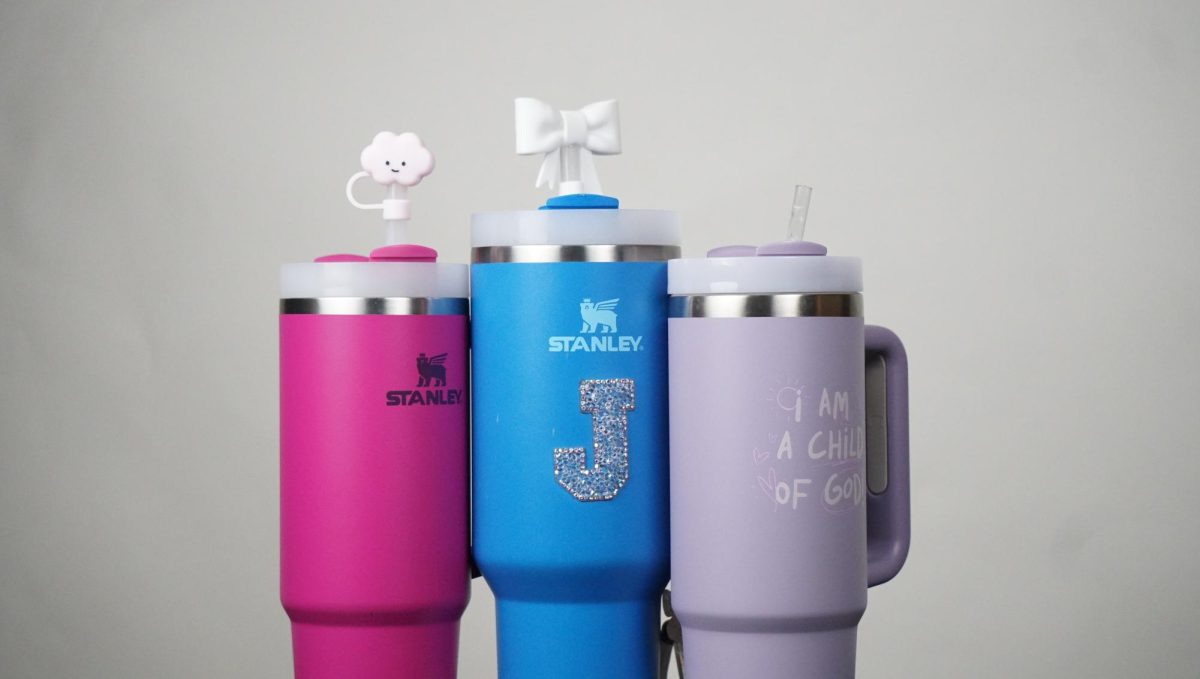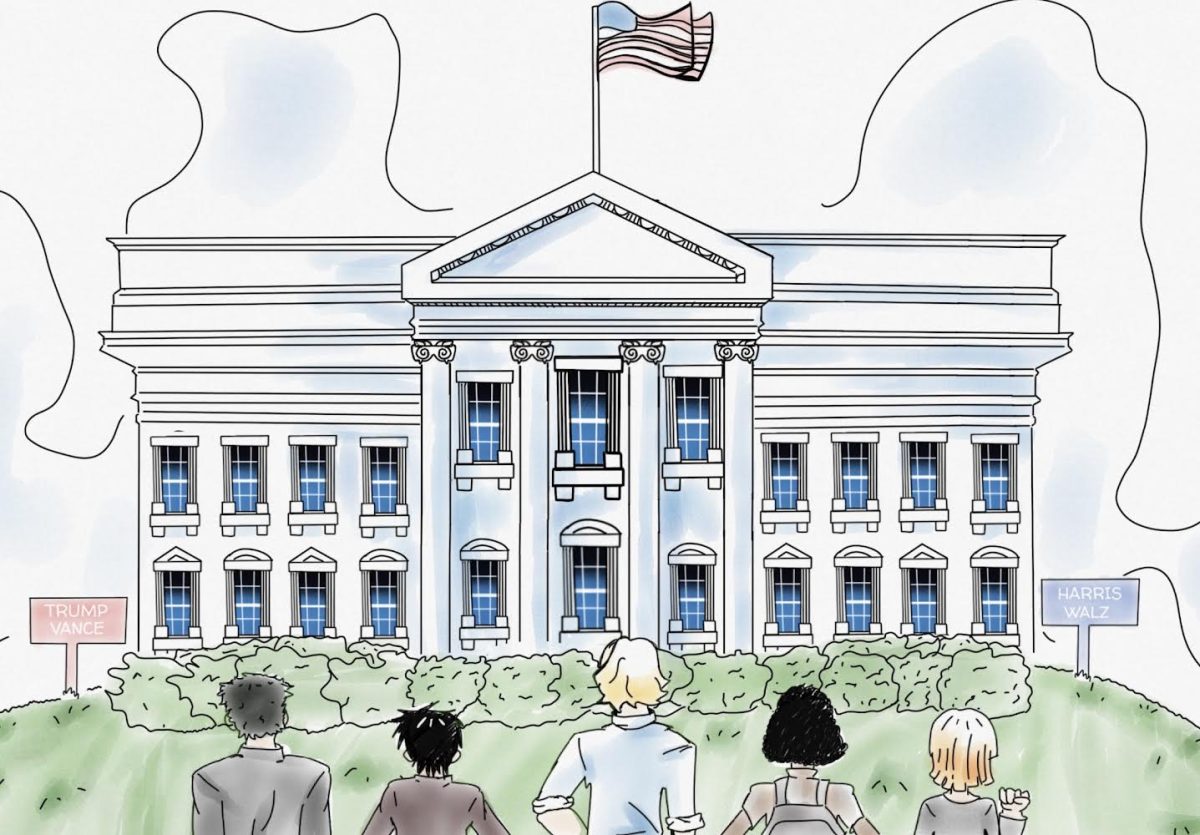 Everyone has a different theory. Older adults say it’s a problem of preference concerning kids who would rather listen to raps bragging about lavish lifestyles than listen to the classics. Multimillion-dollar recording companies blame the fans who download the albums illegally rather than for $1.29 per song.
Everyone has a different theory. Older adults say it’s a problem of preference concerning kids who would rather listen to raps bragging about lavish lifestyles than listen to the classics. Multimillion-dollar recording companies blame the fans who download the albums illegally rather than for $1.29 per song.
An artist will tell you it’s because the company gets most, if not all of the money from the record; they just want someone to listen and buy a T-shirt so they can afford to drive their dilapidated van through a Taco Bell drive-through on the way to the next show. A fan might blame the record-flippers and ticket scalpers who take away their chance to enjoy their favorite band in hopes of making a quick $50 off their loyalty.
The list of issues with today’s music industry could go on for ages, but each issue seems to share a single common denominator: money.
The monetization of music has never ceased to be a hot topic among fans and artists alike. While it takes money to buy gear, print and record albums and support a tour, there’s always the fear of too much money blurring the true meaning and purpose behind music. Fans fear the day their favorite bands become popular because they can’t stand to see another artist’s work waxed and airbrushed by corporations until the band name becomes a brand name.
So what’s the solution? Fugazi, the largely influential post-hardcore band formed in 1987, followed a strict no-merchandise policy after show-goers asked the band where they could buy their T-shirts despite the fact that Fugazi hadn’t stepped on stage or even released its first record. Companies began to print and sell Fugazi shirts without permission after Fugazi blew up in the underground music scene; however, the band never went after the proceeds. The only print the band allegedly approved of said “This is not a Fugazi shirt,” on the front and “You are not what you own,” on the back.
While Fugazi’s anti-merchandise attitude became a huge influence on the underground music scene, following their lead isn’t practical for most musicians. People who dedicate their lives to the road deserve pay like any other hard worker, but how much is too much? The ever-increasing gap between America’s wealthy and poor often solicits complaints about pop stars earning millions while public servants struggle. The sincerity behind an artist’s music also seems to weaken once the main incentive to write a song turns from an emotional experience to a cash reward.
The line between music and industry is drawn at the moment the artist becomes more concerned about the money he’ll earn than writing something meaningful. It’s drawn when the listener is more concerned about the band’s merch booth than their music. Or when the record label stops signing talented bands in favor of bands whose profits are growing. The line between music and industry is meaning.










